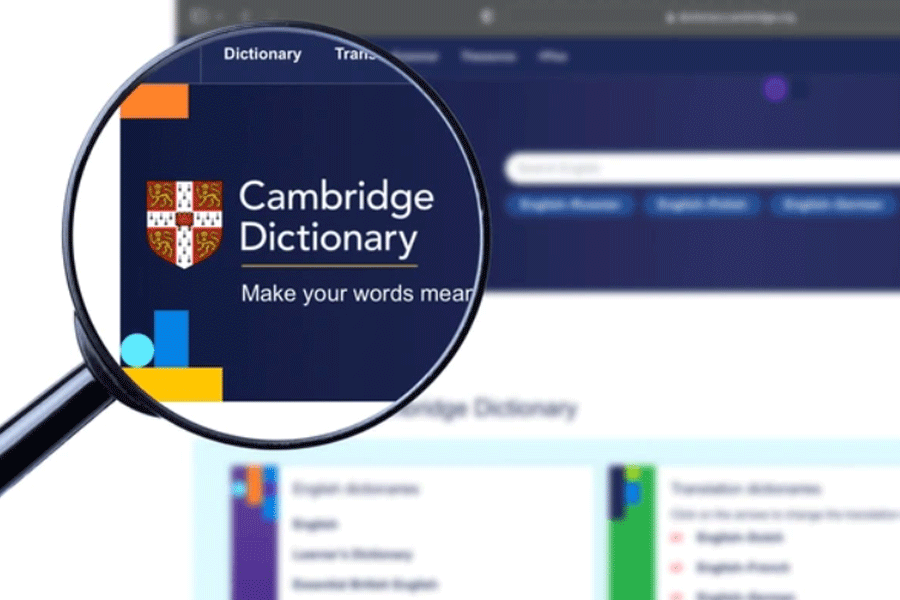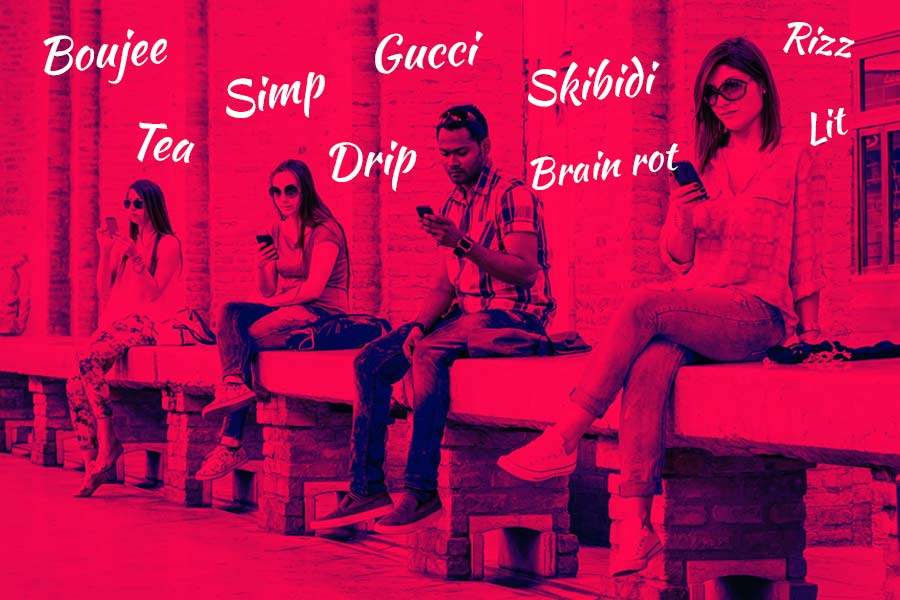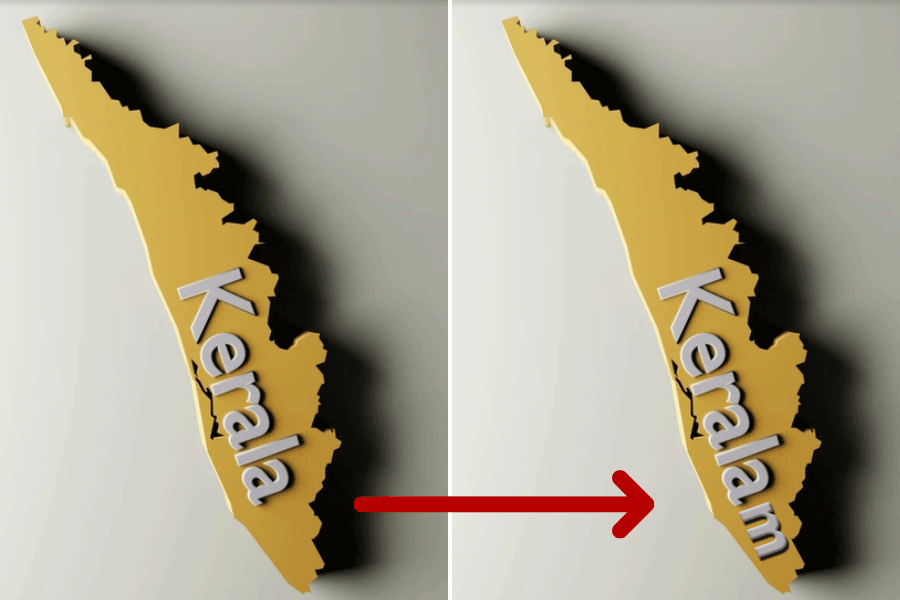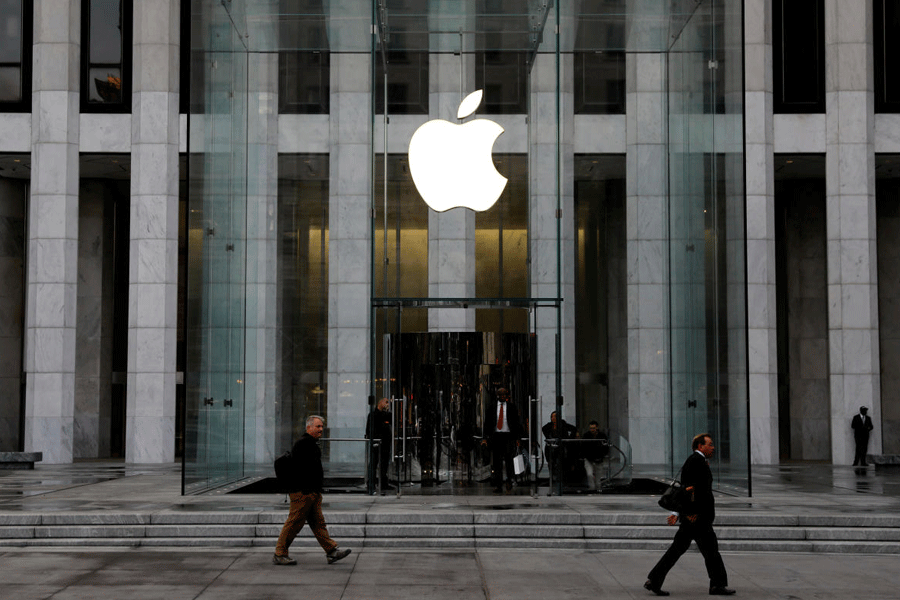What the skibidi is happening to the English language?
“Skibidi” is one of the slang terms popularised by social media that are among more than 6,000 additions this year to the Cambridge Dictionary.
“Internet culture is changing the English language and the effect is fascinating to observe and capture in the dictionary,” said Colin McIntosh, lexical programme manager at Cambridge Dictionary, the world's largest online dictionary.
“Skibidi” is a gibberish term coined by the creator of an animated YouTube series and can mean “cool” or “bad” or be used with no real meaning as a joke.
Other planned additions including “tradwife", a contraction of “traditional wife” referring to a married mother who cooks, cleans and posts on social media, and "delulu,” a shortening of the word delusional that means “believing things that are not real or true, usually because you choose to”.
An increase in remote working since the pandemic has created the new dictionary entry “mouse jiggler,” a device or piece of software used to make it seem like you are working when you are not.
Concerns over climate change are behind the addition of “forever chemical,” a harmful chemical that remains in the environment for a long time.
Cambridge Dictionary uses the Cambridge English Corpus, a database of more than 2 billion words of written and spoken English, to monitor how new words are used by different people, how often and in what contexts they are used, the company said.
“We only add words where we think they'll have staying power," McIntosh said.











